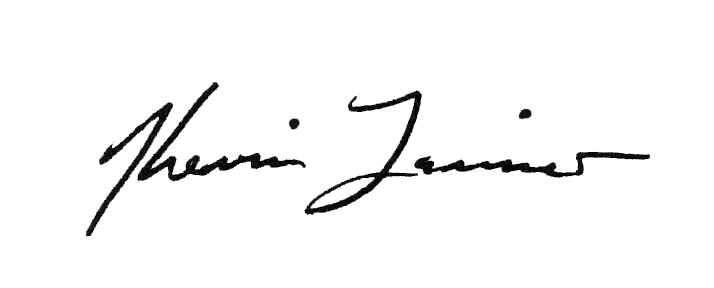How Are You Breathing?
In the poem “Prepare” by Joy Harjo, at the beginning of the poet laureate’s new memoir, Poet Warrior, there is a stanza that I’ve returned to nearly every day—almost like a prayer, more like a song—since I first read it in an advance proof of the book back in April. “Let go that which burdens you,” Harjo writes. “Let go any acts of unkindness or brutality / From or against you / Let go that which has burdened your family / Your community, your nation / Or disturbed your soul / Let go one breath into another.”
The last line, “Let go one breath into another,” has stayed with me, and I am moved—deep inhalation—when Laura Da’, the Eastern Shawnee poet and teacher who interviewed Harjo for this issue’s cover feature, “The Field of Stories,” refers to it in her first question. Da’ notes “the primacy and clarity of breathing” in Harjo’s memoir, adding: “In Shawnee language the way we greet and ask after one another actually uses the verb to breathe, which is written as wesilaasamamo. It means that when we meet each other we are asking ‘How are you breathing?’” Harjo, a member of the Muscogee (Creek) Nation, replies with the kind of wisdom and beauty, the grace, that has come to define her long career and her tireless work as poet laureate: “When we take in our first breath, it is a promise to take on this human story, a story that has dimension in time and place. Breath is our entrance into story making—it is a promise.” Later she says, “Poetry stops us even as it engages us with breath-rhythms that allow the kind of insight that comes with an intake of inspiration and an outtake of that which no longer serves us.”
In “The Wide Question”, Claire Schwartz asks Kaveh Akbar, author of the poetry collection Pilgrim Bell, about the periods that end each line in his new series of title poems. “To enter those poems you have to disabuse yourself of the idea that that particular grammatical demarcation connotes a kind of certainty,” Akbar says. “I’m also thinking about the chiming of a bell. What fascinates me about those giant bells is that you have to throw your body into making the bell move, in the same way the breath animates the poem.”
Many of the essays and articles in this issue circle back to the essential truth that reading and writing are active verbs, as are breathing and being. In these pages, writers confront questions of why we write, what we write, for whom we write—their words like a form of mindful meditation. In the coming weeks, as summer turns into autumn, let’s be intentional in our craft, aware of its potential. Let’s renew our promise.








